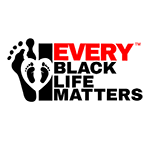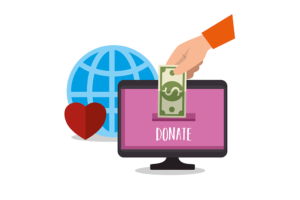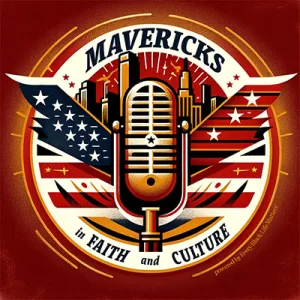The Path Forward: Unity, Responsibility, and Constructive Action in African-American Communities
Written by Contributing Author, Charles Wekesa
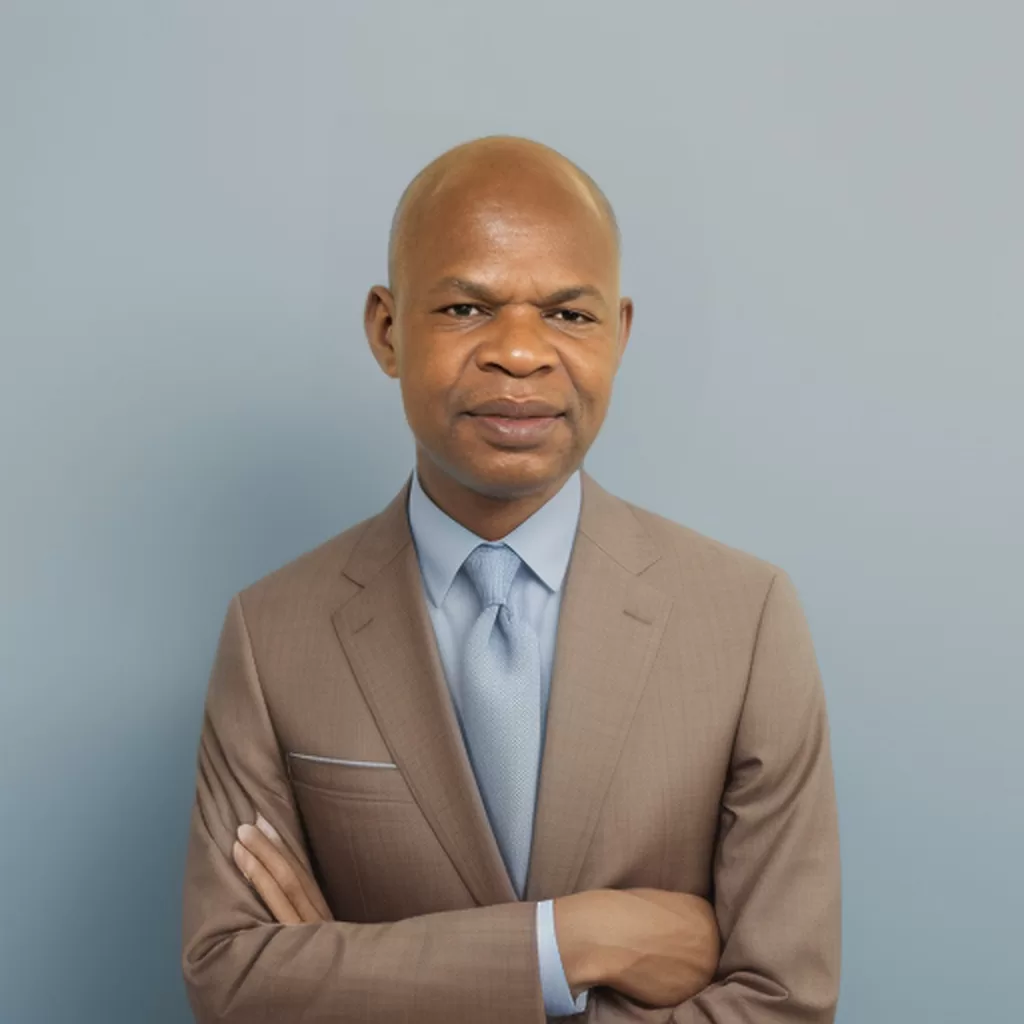
By Charles Wekesa
We need to take responsibility - for ourselves, for our families, for our neighborhoods. It's easy to point fingers, but real change starts when we look in the mirror and ask, "What can I do to make things better?" And we need to have the courage to seek and speak the truth, even when it's uncomfortable. That means being willing to challenge our assumptions and listen to different perspectives.
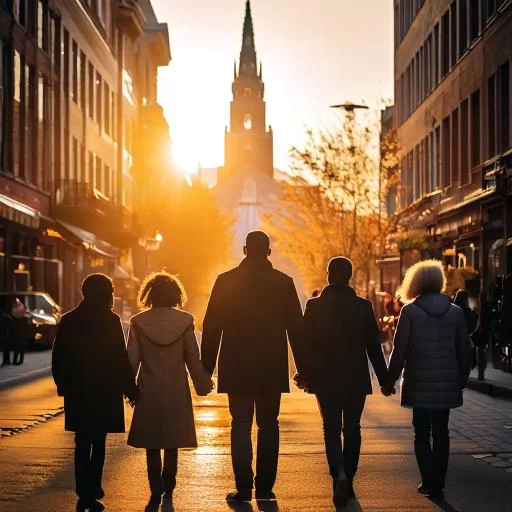
A Call for Reflection and Renewal
Let’s take a moment to chat about something really important – the state of our African-American communities. It’s no secret that we’re facing some tough challenges right now. From economic struggles to social issues, it sometimes feels like we’re caught in a storm. I believe we have the power to change things for the better.
Right now, more than ever, we need to come together. Unity isn’t just a nice word – it’s our lifeline. We need to take responsibility for our actions and our communities. And most importantly, we need to take constructive action. It’s time to stop pointing fingers and start finding solutions.
I know it’s easy to get caught up in blame games. But that doesn’t get us anywhere. Instead, let’s focus on what we can do to make things better. It’s time for some honest reflection and a fresh start.
The Pitfalls of Division: Why Hatred and Resentment Fail
Let’s be real for a second. Holding onto hatred, whether it’s towards other communities or even within our own is like drinking poison and expecting the other person to get sick. It just doesn’t work.
Hate is too heavy a burden to bear. And as you may know when we let hate and resentment guide our actions, we’re the ones who suffer the most.
Think about it. We live in a diverse nation. If we want to see real, lasting change, we need allies. We need to build bridges, not walls. That doesn’t mean we forget our history or ignore injustice. But it does mean we approach challenges with a clear head and an open heart.
It’s so easy to react emotionally when we’re hurt or angry. But if we want long-term solutions, we need to think strategically. We need to channel those strong feelings into positive action. It’s not about forgetting; it’s about moving forward in a way that works.
Addressing Internal Challenges: Confronting Violence Within Communities
Now, let’s talk about something that’s been weighing heavy on people’s hearts – the violence in our urban communities. Take Chicago, for example. The situation there is heartbreaking. Every weekend, we hear about more shootings, and more lives lost. And it’s not just Chicago. Many of our cities are struggling with this issue.
What gets me is the lack of outrage. We have Black leaders in positions of power in many of these cities, but where’s the action? Where’s the urgency? It feels like we’ve become numb to the violence, and that’s dangerous.
Here’s the thing – change starts with us. We can’t wait for someone else to fix our problems. We need to stand up and demand accountability. From our leaders, yes, but also from ourselves and our neighbors. We need to say, “Enough is enough,” and mean it.
Imagine at a community meeting when a mother expresses fear about letting her children play outside. No parent should have to experience such fear. It’s essential for communities to unite, take responsibility, and reclaim their streets, parks, and neighborhoods to ensure safety and a better future for everyone.
Beyond Economics: The Central Role of Morality and Spiritual Responsibility
Now, I know what you might be thinking. “Isn’t this all about economics? If we had more jobs, and better education, wouldn’t that solve everything?” And sure, those things are important. But I think we’re missing something even more fundamental – our moral compass.
We need to talk about values, about right and wrong. About the kind of people we want to be and the kind of community we want to create. This isn’t about preaching or judging. It’s about recognizing that our choices and actions matter.
Faith has always been a cornerstone of the African-American community. Whether it’s through church, or just a personal spiritual practice, faith gives us strength and guidance. It reminds us that we’re part of something bigger than ourselves.
And let’s talk about parenting for a second. Being a parent isn’t just a job – it’s a sacred responsibility. Our kids are watching us, learning from us. The way we live our lives, the values we demonstrate – that’s shaping the next generation. It’s a big responsibility, but it’s also an incredible opportunity to create positive change.
The Limits of Government: Empowering Grassroots Movements and Local Institutions
Look, I’m not here to bash the government. They have their role to play. But let’s be honest – there’s only so much any government can do when it comes to personal and community issues. The real power for change is in our hands.
Think about the institutions that have always been the backbone of our communities – our families, our churches, our local organizations. These are the places where real, lasting change happens. It’s where we learn our values, where we find support, where we come together to solve problems.
How powerful can community-led initiatives be in driving meaningful change? The time our local church started a mentoring program for young boys without fathers. It wasn’t a big, fancy government program. Just regular folks stepping up to make a difference. And you know what? It changed lives.
Education is another area where we need to take the reins. Our schools should reflect our values and prepare our kids for the real world. That means having a say in what’s taught and how it’s taught. It means supporting school choice so parents can find the best fit for their kids. Education is too important to leave entirely in someone else’s hands.
The Dangers of Ideological Indoctrination in Schools
Speaking of education, we need to have a serious conversation about what’s being taught in our schools. I’m all for teaching history – the good, the bad, and the ugly. But there’s a difference between teaching history and pushing ideologies that promote resentment and division.
I worry when I hear about schools focusing more on racial theories than on practical skills like reading, writing, and critical thinking. Don’t get me wrong – understanding racism and its impacts is important. But it shouldn’t come at the expense of the fundamental skills our kids need to succeed in life.
How can teachers manage their time effectively when mandated cultural awareness training takes up so much of their schedule instead of teaching math? That’s a problem. Our kids need to be prepared for the real world – a world where they’ll need to read complex texts, solve problems, and think critically.
We need to make sure our schools are equipping our children with the tools they need to build successful, fulfilling lives. That means focusing on literacy, on STEM subjects, on practical life skills. It means teaching them how to think, not what to think.
Every Black Life Matters (EBLM) Perspective: Authentic Leadership and Justice
We as Every Black Life Matters are not afraid to challenge the status quo, even when it means going against popular narratives.
For example, we have been vocal about policies like the 1994 Crime Bill, which had a huge impact on Black communities. We are asking tough questions about why some leaders who supported these policies in the past aren’t being held accountable now.
What I appreciate about us most is our focus on solutions rather than just pointing out problems. We are advocating for things like faith-based values, strengthening families, and educational freedom. These are concrete steps that could make a real difference in our communities.
It’s a reminder that we need to think critically about the policies and leaders we support. Are they working in our best interests? Or are they just telling us what we want to hear? It’s not always comfortable to ask these questions, but it’s necessary if we want real progress.
Conclusion: Building a Future Rooted in Unity, Responsibility, and Truth
So, where do we go from here? I believe the path forward is clear, even if it’s not always easy. We need to come together, to find common ground even when we disagree. Unity doesn’t mean we all think alike – it means we’re all working towards the same goal of a better future for our communities.
We need to take responsibility – for ourselves, for our families, for our neighborhoods. It’s easy to point fingers, but real change starts when we look in the mirror and ask, “What can I do to make things better?”
And we need to have the courage to seek and speak the truth, even when it’s uncomfortable. That means being willing to challenge our assumptions and listen to different perspectives.
I truly believe that if we can do these things – if we can come together, take responsibility, and commit to truth and authenticity – we can create a brighter future for our communities. It won’t happen overnight, and it won’t always be easy. But I believe in us. I believe in our strength, our resilience, and our capacity for love and growth.
So what do you say? Are you ready to be part of the change? Let’s do this – together.
